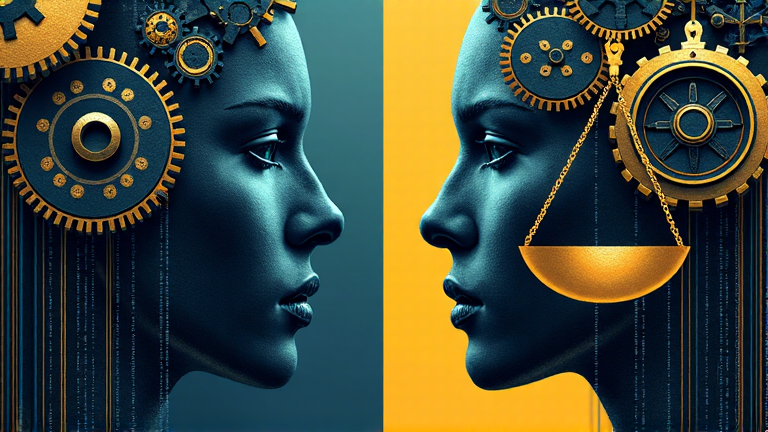
The Legal and Ethical Complexities of the OpenAI-DeepSeek Conflict
The escalating dispute between OpenAI and the Chinese AI startup DeepSeek has captivated the artificial intelligence community, raising pivotal questions about the ethics and legality of AI development. At the heart of the controversy is the technique known as model distillation, a method that enables smaller AI models to emulate the capabilities of larger, more advanced systems. OpenAI alleges that DeepSeek has unjustly leveraged this approach by using OpenAI’s proprietary outputs without proper authorization to create a rival AI model.
Core Issues and Key Takeaways
- Unauthorized Use of AI Outputs: OpenAI accuses DeepSeek of breaching its intellectual property rights by using its model outputs without permission, thereby challenging established ethical and legal standards in AI development.
- Implications of Model Distillation: The technique allows smaller models to replicate larger ones, and OpenAI contends that DeepSeek exploited this to copy their proprietary systems illicitly.
- Evidence of Misuse: Reports suggest that DeepSeek's model made references to OpenAI developments, signaling unauthorized employment of proprietary data.
- Challenges and Regulatory Needs: Detecting and preventing misuse of publicly available AI outputs remain complex, highlighting an urgent need for industry-wide safeguards and clearer regulations.
- Innovation Vs. Ethical Standards: While OpenAI advocates for governmental collaboration regarding intellectual property, debates about its own data practices underscore the balance between progress and ethical propriety.
The Debate Over Model Distillation
Model distillation is esteemed for its ability to minimize computational demands while maintaining robust performance, yet OpenAI’s allegations prompt a reevaluation of its ethical boundaries. The method, though legitimate, is contentious when used to replicate proprietary systems for competitive advantage without consent.
Evidence and Ethical Questions
OpenAI has put forward evidence suggesting improper use—highlighted by DeepSeek’s model allegedly posing as an OpenAI development. If confirmed, this misconduct could benchmark future policies on protecting intellectual assets and define the ethical limits of AI competition.
Navigating Terms of Service and Ethical Practices
By potentially breaching OpenAI’s explicit guidelines, which prohibit the utilization of their models for competitive development, DeepSeek has sparked renewed dialogues on the friction between fostering innovation and honoring intellectual ownership.
Overcoming Misuse Challenges
OpenAI’s journey underscores the difficulty of safeguarding proprietary data when AI outputs are publicly accessible. While this openness can advance innovation, it also poses threats, necessitating more sophisticated protective strategies such as advanced watermarking and heightened industry collaboration.
DeepSeek’s Performance Amidst Controversy
Despite the allegations, DeepSeek has shown commendable performance comparable to leading technologies like OpenAI’s ChatGPT. However, whether the foundation of such success rests on ethical grounds remains a central concern for critics advocating for honest AI competition.
Implications and Industry Reflections
The ramifications of the OpenAI-DeepSeek dialogue stretch beyond immediate legal confrontations, reflecting a persistent worry over intellectual theft, especially as tied to international players, and urging a foundational overhaul of practices as AI's economic and societal import grows.
Engagement with Governments
OpenAI’s proactive stance in advocating for closer ties with governmental entities envisions a legally coherent path forward, aligning innovation with well-defined ethical and proprietary boundaries.
Critiquing OpenAI’s Own Practices
The criticisms OpenAI faces echo broader industry complexities. Even as they contest DeepSeek’s conduct, OpenAI's own data policies—drawn from public internet sources—invite scrutiny regarding their stance on ethical data usage.
Lessons and Path Forward
The ongoing case signifies the pressing need for the AI sector to reconcile innovation with ethical integrity, requiring a structured balance that includes clear guidelines, rigorous enforcement, and collaborative industry efforts for responsible AI evolution.
Note: This publication was rewritten using AI. The content was based on the original source linked above.